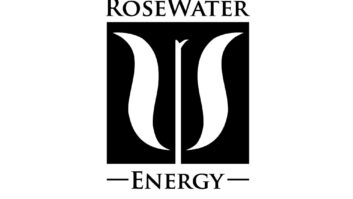Arlington, Va. — The Consumer Electronics Association (CEA) called for Congress to encourage energy efficiency in consumer technology by supporting innovation, industry-led standards and voluntary initiatives such as the federal Energy Star program, at a hearing held Thursday by the Senate Subcommittee on Science, Technology and Innovation.
The hearing was held to discuss currently available technologies and both state-sponsored and corporate programs that reduce total energy use and decrease greenhouse emissions.
A CEA spokesperson explained to TWICE that the organization has concerns about the current “patchwork” of efficiency standards that exists from state to state, and the potential that some of these mandates have to “stifle innovation” in product design. She pointed to some states like California that mandate that all products adhere to Energy Star standards across the board.
Douglas Johnson, CEA’s technology policy and international affairs senior director, spoke at the hearing on behalf of the industry to express concern that state-level energy efficiency standards could undermine the national Energy Star program. He cited reports from the U.S. Environmental Protection Agency that say the program “has saved 19.8 billion kilowatts of energy and avoided emission totaling 3.8 million metric tons of carbon equivalent.”
Johnson said that the program was so successful because it is voluntary and because its criteria is based on “broad industry participation, careful negotiation, and recognition of market and technological facts and limitations.”
Johnson also pointed out that “the consumer electronics industry has been proactive in promoting energy efficiency and conservation through research, industry-led standards and consumer education.”
Essentially, the CEA wants to continue to encourage energy-efficient design but does not want such design standards to be mandated by law.
The CEA spokesperson told TWICE that consumer awareness of energy-efficient products is important and “as consumers become more conscious [of these products], we want them to have that choice but we also want them to have other choices available. If consumers want energy-efficient products, the market will take care of that.”
“Limiting consumer choice isn’t the answer,” she added. “Innovation is inherently energy efficient. The natural industry trends of convergence and miniaturization make products more efficient [overall].”











